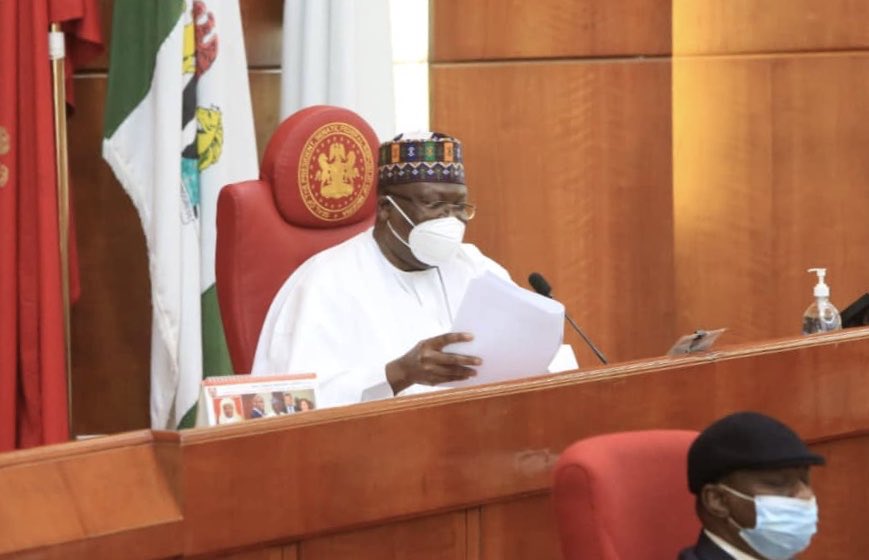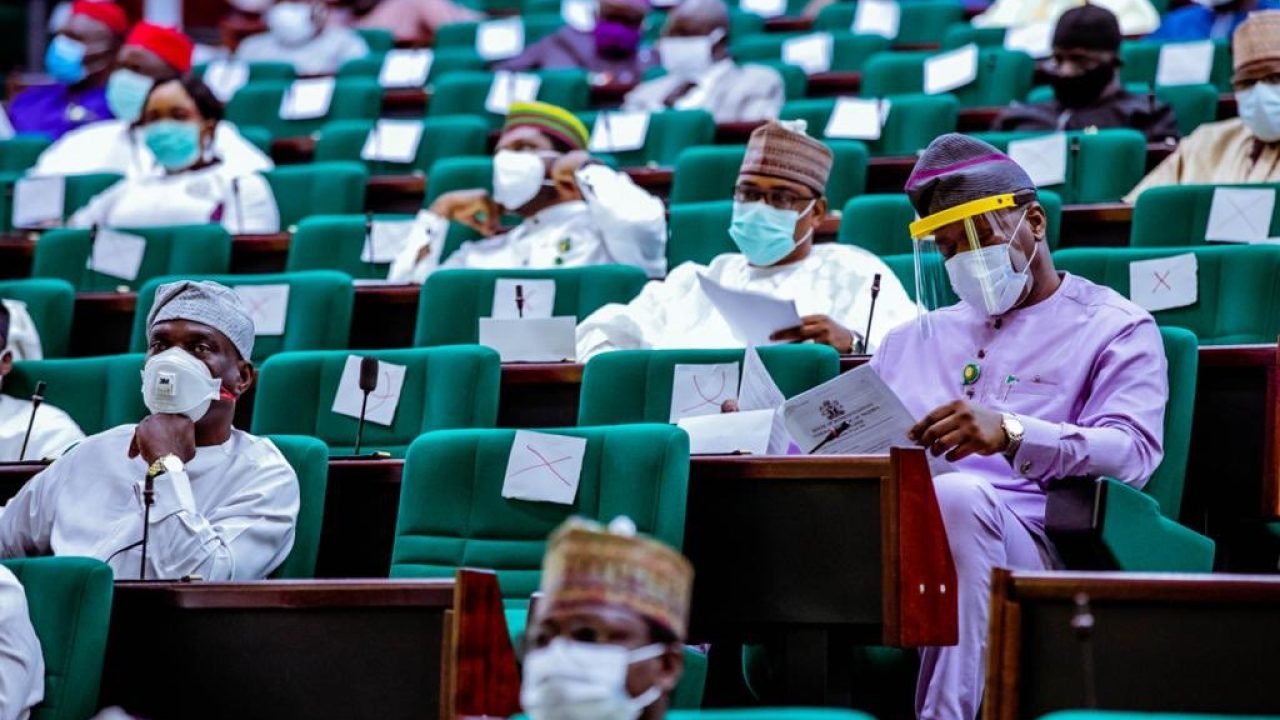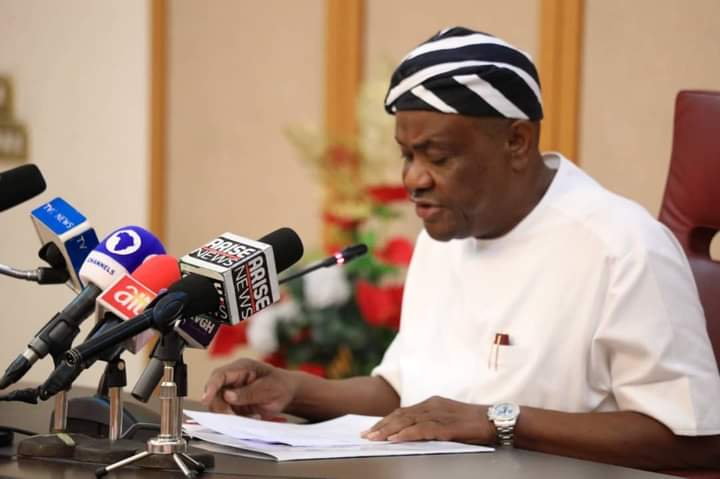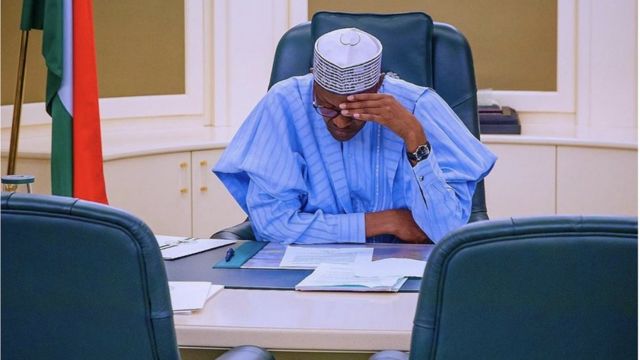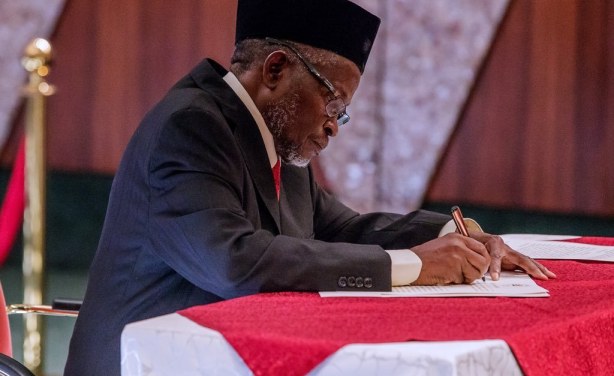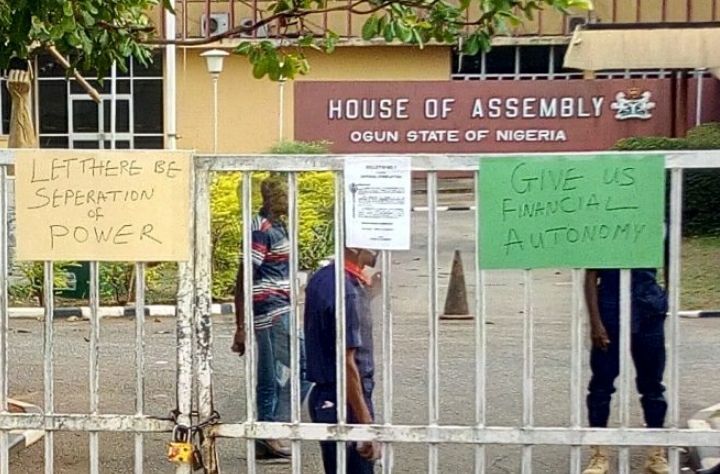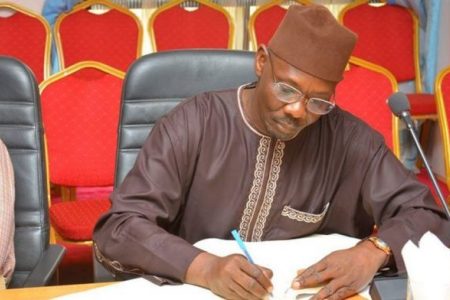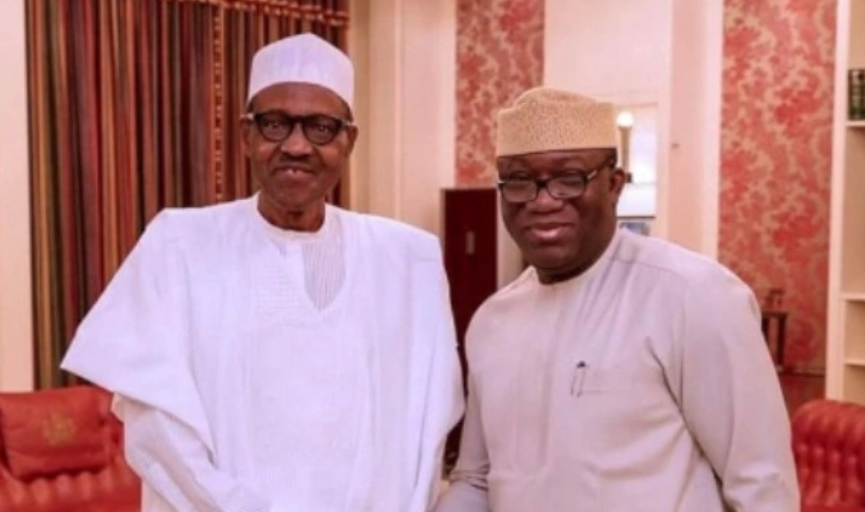The Nigeria Governors’ Forum (NGF), has approved a uniform template for the implementation of the Memorandum of Action on financial autonomy for State legislatures and judiciary.
The forum disclosed this in a communiqué signed by its Chairman and Ekiti State Gov. Kayode Fayemi, on Wednesday night, in Abuja, after its 32nd teleconference meeting.
It noted that the template was signed with the Judiciary Staff Union of Nigeria (JUSUN) and the Parliamentary Staff Association of Nigeria (PASUN) to facilitate the implementation of financial autonomy for the State legislatures and judiciary.
The template was developed following a joint meeting of the State Attorneys General and the Commissioners of Finance held on June 25, on the directive of the Forum.
The forum expressed its concern over certain proposed amendments to the Principal Stamp Duties Act by the Senate.
It noted that the amendment sought to remove the powers to administer and collect stamp duties from the Federal Inland Revenue Service or their State counterparts, depending on the nature of the transaction, to the Nigeria Postal Service.
“The provisions of Section 163 of the 1999 Constitution requires that Stamp Duties on transactions between a company and an individual should be paid to the FIRS and returned to the state of derivation”, the forum noted, as it resolved to engage with the National Assembly on the matter.
On the Petroleum Industry Bill (PIB), the communique stated that the governors were in full support of the unbundling and commercialization of the Nigeria National Petroleum Corporation (NNPC), but were, however, concerned with the proposed ownership structure of the NNPC, which was handed to the Federal Government.
“The NGF recommends that given that the corporation is owned by the three tiers of government, NNPC Limited, the new incorporated entity, should be owned by a vehicle that holds the interest of the three tiers of government.
“For now, the institution that is positioned to carry out this mandate is the Nigeria Sovereign Investment Authority (NSIA).
“This amendment, as well as the proposed 3 per cent share of oil revenue to host communities and 30 per cent share of profit for the exploration of oil and gas in the basins, will be responded to at relevant channels, including the National Assembly and the National Economic Council (NEC)”, the forum said.
The forum also stated that it would take a position on the planned privatization of assets of the Niger Delta Power Holding Company (NDPHC) as listed by the Bureau for Public Enterprise (BPE), because it was done without due consultation with state governments, who are also shareholders of the company.
“ NDPHC is incorporated under the Companies and Allied Matters Act as a private limited liability company with shareholding fully subscribed to by the federal, state and local governments with a mandate to manage National Integrated Power Projects (NIPP) in the country”, the forum noted.
The Forum threw its weight behind the launch of the NGF Peace and Inclusive Security Initiative (PISI) developed to tackle insecurity, conflicts and violence in the country.
It stated that the launch of PISI on July 8 heralded an important milestone for the NGF as it sought to build a more inclusive and collaborative platform to drive an urgent country-wide response to security challenges in the country.
The communique noted that Fayemi had briefed the governors on the inauguration of the National Steering Committee (NSC) of the National Poverty Reduction and Growth Strategy (NPRGS), chaired by Vice President Yemi Osinbajo, with a mandate to lift 100 million Nigerians out of poverty in 10 years.
It added that state governors were enjoined to nominate focal persons, who would consolidate policy strategies put in place by State governments to end poverty in the country.
The focal persons would be inducted into a Technical Working Group, chaired by the Governor of Nasarawa State, Abdullahi Sule, and co-chaired by the Minister of State for Finance, Budget and National Planning, Prince Clem Agba, the communique said.
The forum also acknowledged receiving an update from the Governor of Lagos State, Babajide Sanwo-Olu on the recent rise in confirmed COVID-19 cases and called for consensual action to prevent a third wave in the country.
“Following the update, the Forum called on all state governors to revive their COVID-19 protocols and collaborate with the Nigeria Centre for Disease Control (NCDC) to take appropriate and immediate actions to flatten the transmission curve.
“The forum will interface with the Presidential Steering Committee on COVID-19 to accelerate processes required to fast track the delivery of additional vaccines for the country.”
It stated that an update on the States’ Fiscal Transparency, Accountability, and Sustainability – Program-for-Results (PforR) was also presented at the meeting, in addition to another update on the Nigeria COVID-19 Action Recovery and Economic Stimulus – Programme for Results (Nigeria CARES), from Mrs. Firo Elhassan, NGF’s Programme Manager.
Following the update, the forum resolved to interface with the Federal Ministry of Finance, Budget and National Planning (FMBNP) and the Federal Ministry of Justice (MoJ) to ensure speedy approval and commencement of the programme, in line with the 2021 budgets of States.
Another presentation by Princess Miriam Onuoha, Chairman, House of Representatives, Committee on Disabilities on the adoption of the Discrimination against Person with Disabilities (Prohibition) Act (2018) was also received.
Thereafter, the forum expressed its commitment to actively support, through the NGF Secretariat, the domestication of the disability law in states where it had not been passed.
Since 2018, at least 12 States had passed disability laws, including Ekiti, Lagos, Kwara, Kogi, Plateau, Jigawa, Ondo, Bauchi, Anambra, Niger and River State.
The Chief Executive Officer of Suburban Fiber Company, Mr Bruce Ayonote, also made a presentation to the forum on the Roadmap for Successful Digital Transformation Execution in States, according to the communique.
“The proposal, which sought to build both hard and soft digital infrastructure for State governments, was welcomed by the governors, who mandated the NGF Secretariat to facilitate the planning and partnership process with interested state governments.
“Lastly, the Forum also received a report on the diversification and non-oil export opportunities for states post-COVID-19 from the Policy Development Facility (PDF) Bridge Programme.
While welcoming the study, the forum noted that the findings of the report would help strengthen the diversification agenda of states.
